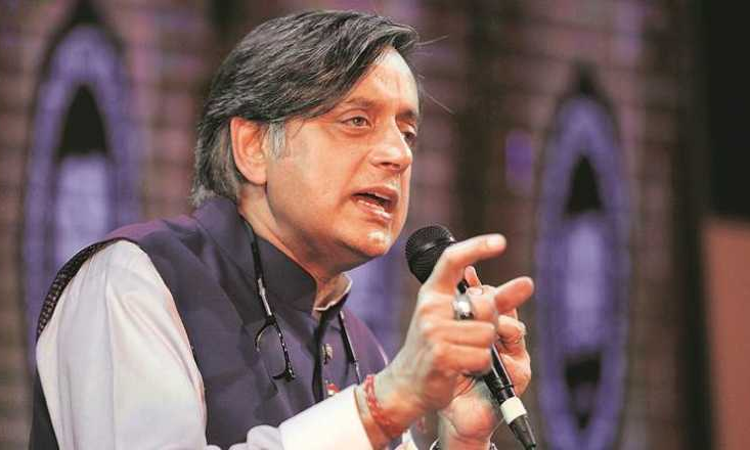A Delhi Court on Wednesday adjourned till July 2 order in framing of charges in the Sunanda Pushkar death case against Congress MP Dr. Shashi Tharoor. The prosecution had pressed the charges of abetment to suicide and cruelty under sec. 306 and 498A of the Indian Penal Code and alternatively for murder under sec. 302.The development came after Special Judge Geetanjali Goel had reserved the...

